Announcement

Due to the COVID-19 pandemic, all our offices are operating on a skeleton workforce. For inquiries, please get in touch with us via the emails listed on our contact page.

October 2014
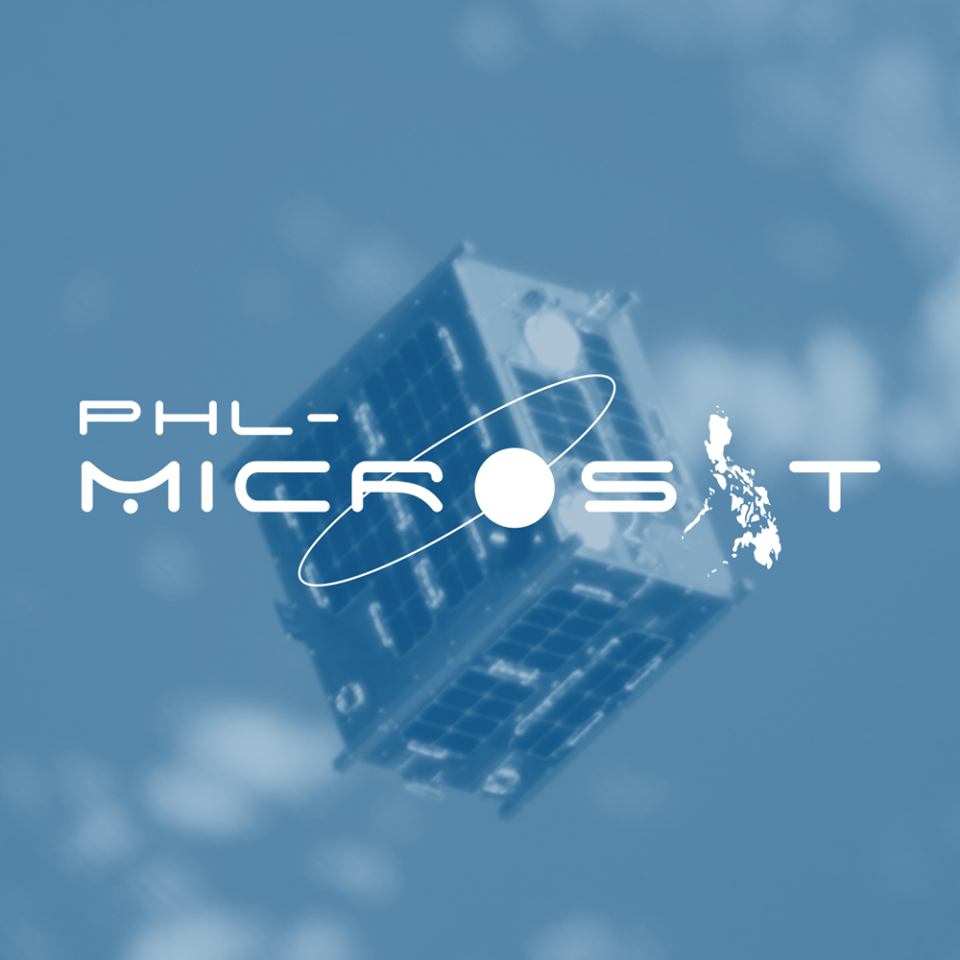

Official start of PHL-Microsat Program
through Project 5 Remote Sending Product Development
January 13, 2016
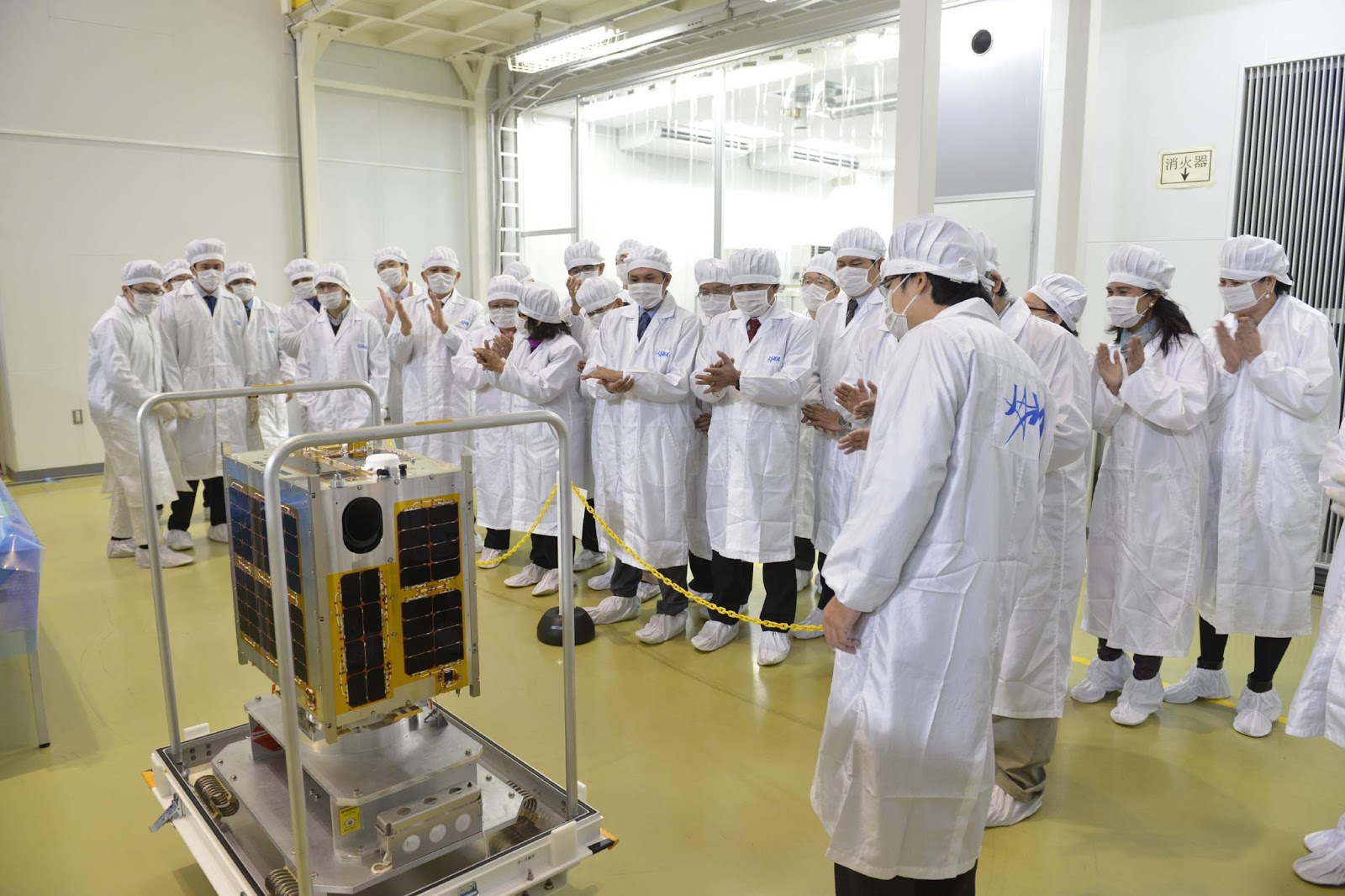

Diwata-1 turnover to Japan Aerospace Exploration Agency (JAXA) at Tsukuba Space Center, Japan.
2016
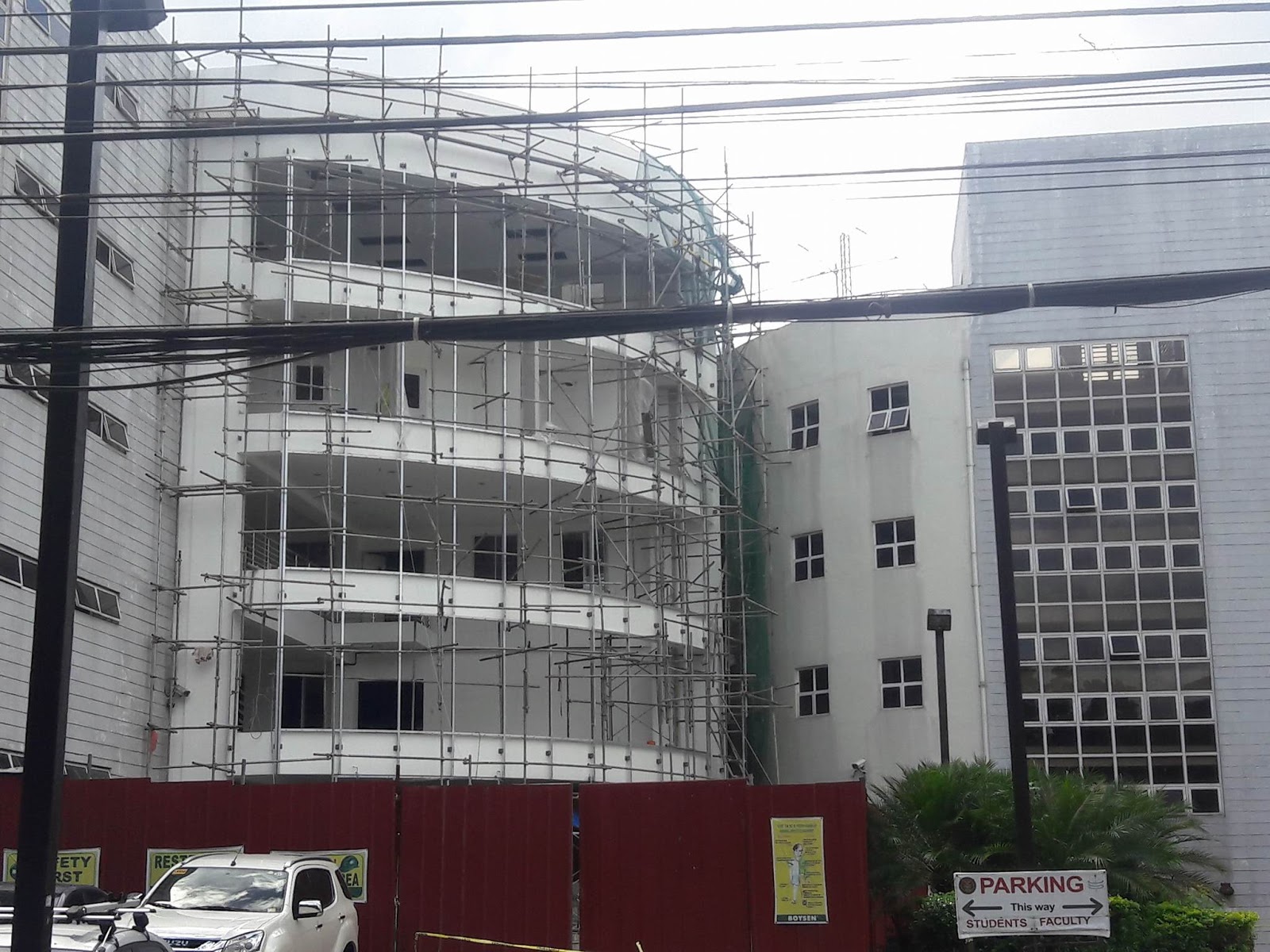

Start of construction of University Laboratory for Small Satellites and Space Engineering Systems (ULyS³ES)
April 27, 2016
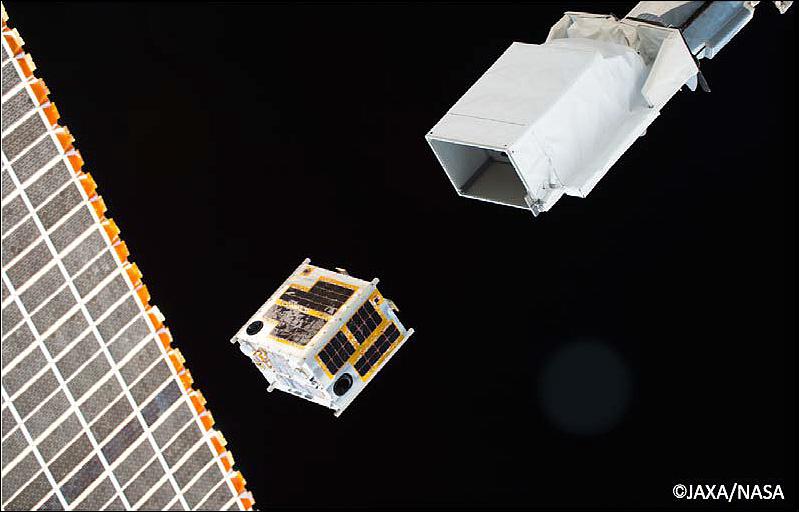

The Philippines’ first microsatellite, DIWATA-1, was successfully released into orbit from the Japanese Experiment Module ‘Kibo’ on the International Space Station at 20:44 (JST) on April 27, 2016.
Learn More
May 6, 2016
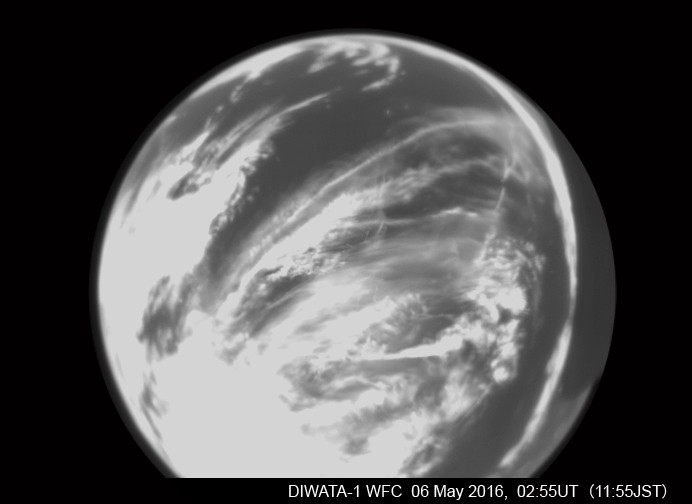

Diwata-1 First Image of Earth
The first image of the WFC (Wide Field Camera) was obtained by the ground station of Tohoku University. This was verification that the attitude system of DIWATA-1 was working properly.
November 2016


BIRDS-2 project begins
The second Joint Global Multi-nation Birds (BIRDS) project begins; Participating countries to build identical 1U Cube Satellites (CubeSats): Maya-1 (Philippines), BHUTAN-1 (Bhutan), UiTMSat-1 (Malaysia), at Kyushu Institute of Technology (Kyutech), Japan
Learn more
June 29, 2018


BIRDS-2 CubeSats launched to International Space Station (ISS)
Via Falcon 9 rocket from Cape Canaveral in Florida, United States as part of SpaceX CRS-15 Commercial Resupply Service missionore-link” href=”https://asti.dost.gov.ph/communications/news-articles/philippines-to-launch-first-cubesat-on-june-29/”>Learn more
August 2018


Start of STAMINA4Space Program
The official start of the program (through the STeP-UP Project)
August 10, 2018
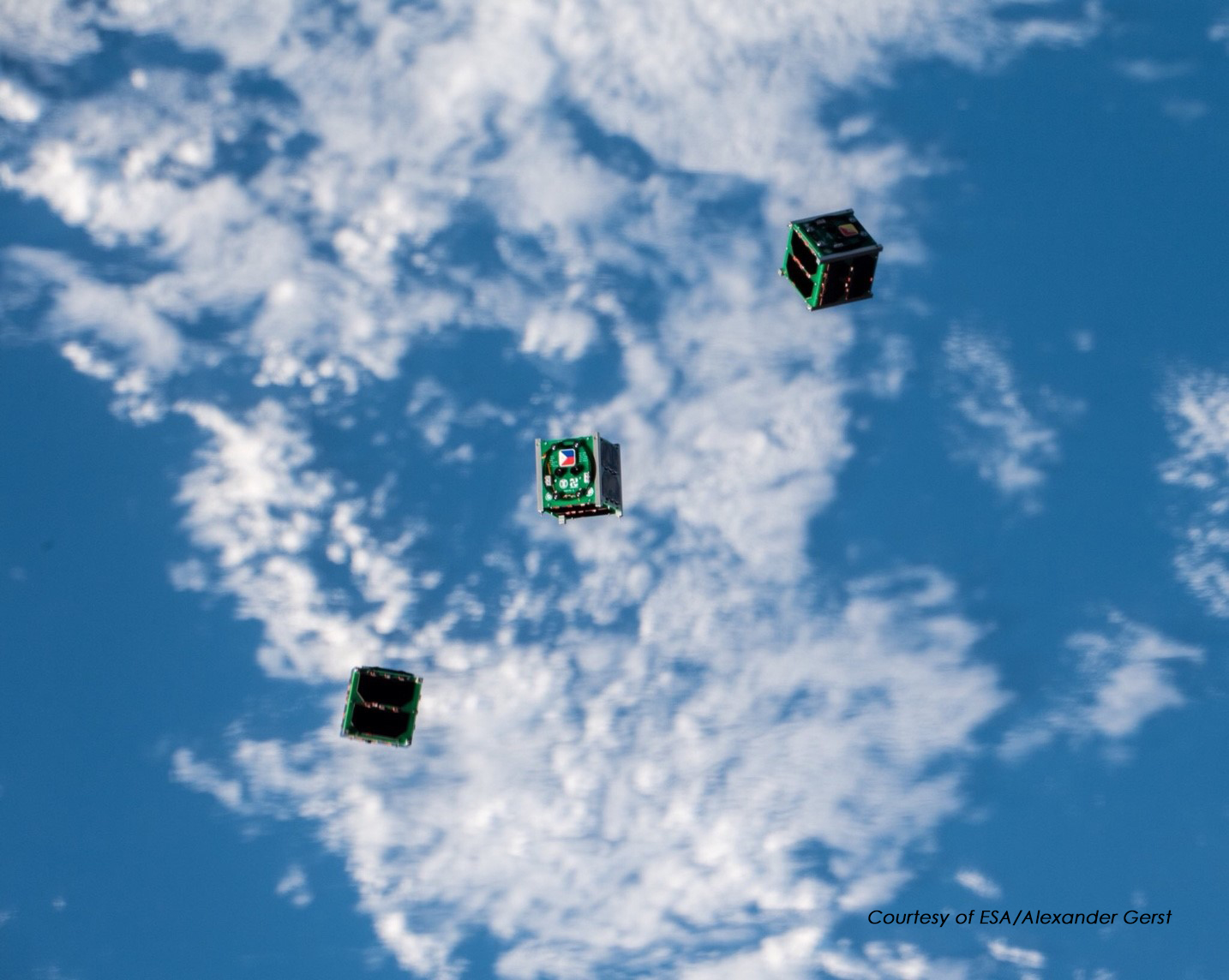

BIRDS-2 CubeSats released to space from International Space Station (ISS)
Maya-1 (Philippines), BHUTAN-1 (Bhutan), and UiTMSAT-1 (Malaysia) deployed to space via the International Space Station (ISS)’ Japanese Kibo Module.
Maya-1 1st pass over Philippines
1st pass over the country tracked and 1st beacon signal from orbit received via UP Amateur Radio Satellite Station (ARSS) Ground Station
Learn more
April 6, 2020
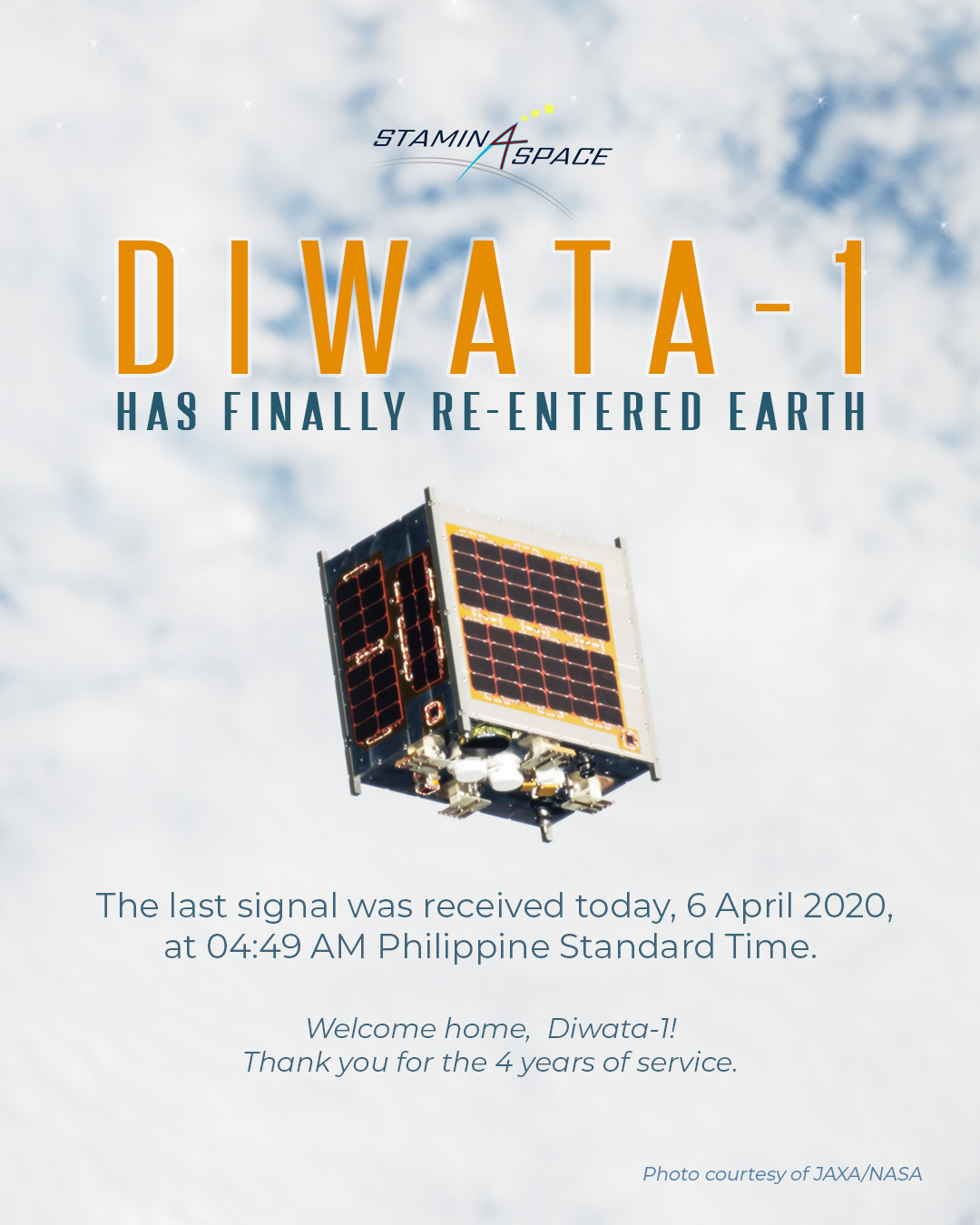

Diwata-1 re-enters atmosphere, ends mission
After four years of its journey in space, Diwata-1 retires as it re-enters the Earth’s atmosphere.
Diwata-1 is the Philippines’ first microsatellite for scientific earth observation built by Filipino engineers and scientists from the University of the Philippines Diliman (UPD) in collaboration with Japanese universities, Tohoku University and Hokkaido University, and with support from the Department of Science and Technology (DOST).